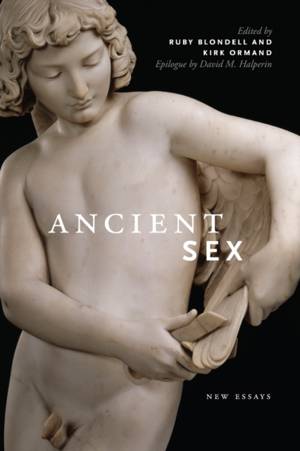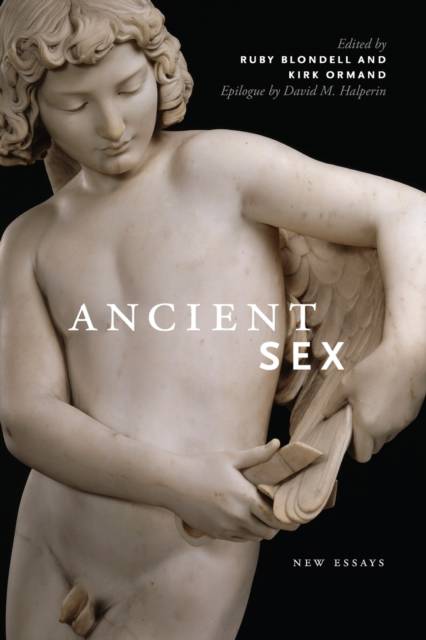
- Retrait gratuit dans votre magasin Club
- 7.000.000 titres dans notre catalogue
- Payer en toute sécurité
- Toujours un magasin près de chez vous
- Retrait gratuit dans votre magasin Club
- 7.000.0000 titres dans notre catalogue
- Payer en toute sécurité
- Toujours un magasin près de chez vous
44,95 €
+ 89 points
Description
Ancient Sex: New Essays presents groundbreaking work in a post-Foucauldian mode on sexuality, sexual identities, and gender identities in ancient Greece and Rome. Since the production of Foucault's History of Sexuality, the field of classics has been caught in a recursive loop of argument regarding the existence-or lack thereof-of "sexuality" (particularly "homosexuality") as a meaningful cultural concept for ancient Greece and Rome. Much of the argument concerning these issues, however, has failed to engage with the central argument of Foucault's work, namely, the assertion that sexuality as we understand it is the correlative of a historically specific form of medical and legal discourse that emerged only in the late nineteenth century. Rather than reopening old debates, Ancient Sex takes up Foucault's call for discursive analysis and elucidates some of the ways that ancient Greek and Roman texts and visual arts articulate a culturally specific discourse about sexual matters. Each contributor presupposes that sexual and gendered identities are discursively produced, and teases out some of the ways that the Greeks and Romans spoke and thought about these issues. Comprising essays by emerging and established scholars, this volume emphasizes in particular: sexual discourses about women; the interaction between sexual identities and class status; gender as an unstable discursive category (even in antiquity); and the relationships between ancient and modern sexual categories.
Spécifications
Parties prenantes
- Auteur(s) :
- Editeur:
Contenu
- Nombre de pages :
- 356
- Langue:
- Anglais
- Collection :
Caractéristiques
- EAN:
- 9780814252116
- Date de parution :
- 16-11-15
- Format:
- Livre broché
- Format numérique:
- Trade paperback (VS)
- Dimensions :
- 152 mm x 229 mm
- Poids :
- 521 g

Les avis
Nous publions uniquement les avis qui respectent les conditions requises. Consultez nos conditions pour les avis.






